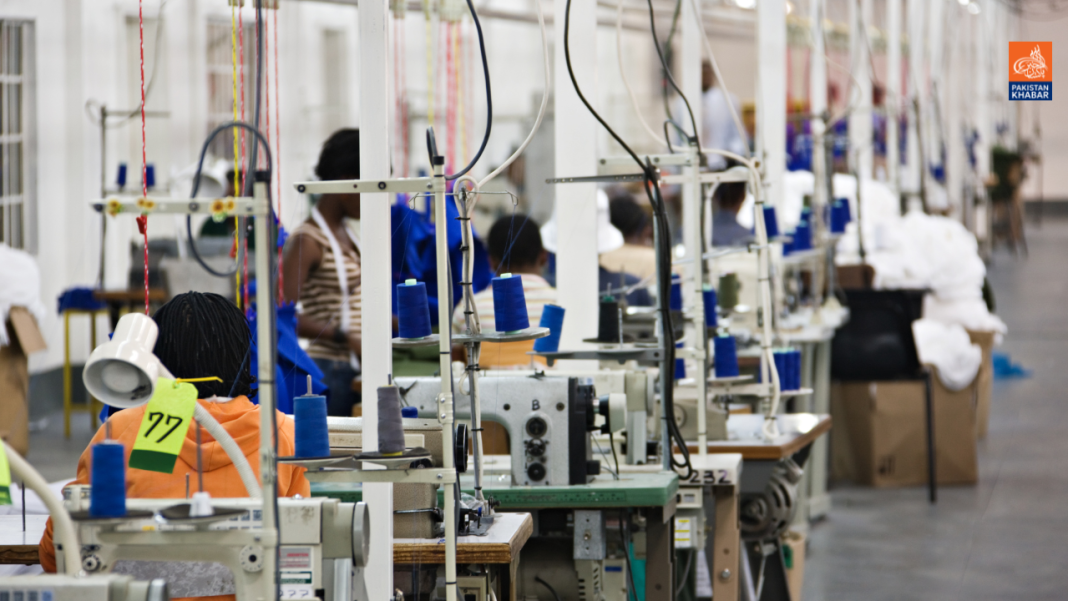Industrialists in the textile sector are scrambling to find alternative solutions to keep their businesses afloat as surging electricity rates put them in a difficult position.
Salamat Ali, a textile industrialist, expressed concern, stating, “We are facing an unprecedented challenge due to unpredictable electricity and fuel costs, which are disrupting the entire business cycle across the country.”
“The core issue is that the authorities continue to apply superficial fixes instead of addressing the root problems needed to strengthen the national economy,” he added, warning that policymakers may not be able to withstand the fallout if industrialists begin laying off workers.
In a conversation with WealthPK, Ali explained, “To avoid exorbitant electricity bills, industrialists are cutting back on the use of energy-intensive machinery and exploring alternative options. A glance at the energy consumption statistics for the industrial areas of Faisalabad, Lahore, and Karachi reveals a significant drop in usage, all due to the soaring electricity rates.”
“This situation could push the country towards an economic crisis, ultimately leading to widespread unemployment,” he cautioned.
Dr. Nadeem, a professor at Government College University Faisalabad, told WealthPK that they educate students on how to navigate emerging challenges, but now students question how they can survive, let alone thrive, amidst the severe energy crisis in Pakistan.
“Our electricity supply is unstable, and rates are sky-high, leaving industrialists struggling to stay afloat in the current global landscape,” he said.
Without ensuring reliable and affordable energy, he noted, it is impossible to boost earnings or create jobs.
“Electricity shortages are crippling our production capabilities, and the high rates are forcing millers to operate below capacity,” Nadeem explained.
He added that frequent power outages and voltage fluctuations are damaging equipment, making it impossible for millers to stick to their production plans.
Abid Ali, another industrialist, said they had urged the government to introduce incentives to revive struggling units, but the authorities had yet to take any meaningful action.
He highlighted that electricity, gas, and fuel—critical lifelines for the textile sector—are now becoming unaffordable for millers, who are fighting to keep their businesses afloat. Without renegotiating agreements with independent power producers (IPPs), he warned, policymakers would be unable to ensure affordable electricity for consumers.
“The government must take decisive action to resolve the issues plaguing the industrial sector,” he emphasized.
To secure jobs and promote economic development, Ali urged the government to introduce alternative energy sources or risk losing ground in foreign markets, which are vital for earning foreign exchange.
Salamat Ali further noted that steep electricity tariffs and prevailing uncertainty are making it difficult for them to offer competitive rates to foreign buyers. Without a stable financial footing, he said, they cannot move forward with their international clients.
Millers are being forced to lay off workers and cut back on production to manage costs. “We cannot sustain our operations by relying on borrowed money. When millers are already burdened with multiple taxes, it is the government’s responsibility to create a level playing field,” he said.
“The days of deceiving people with empty promises are over; policymakers must now take concrete steps to keep disaster at bay,” he concluded.




